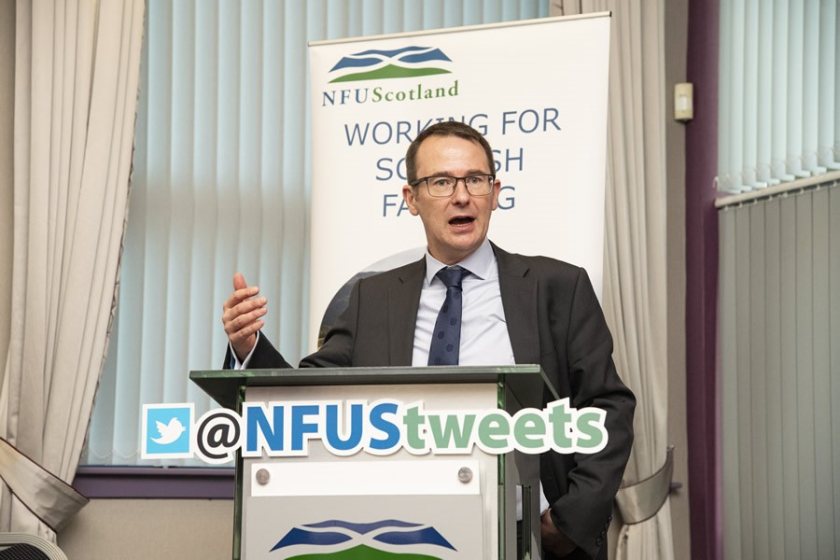
NFU Scotland is entering 2022 on a healthy financial footing despite a challenging year dominated by the pandemic and Brexit, the union has said in its latest financial results.
The financial accounts for 2020/2021 show an increase in NFU Scotland's income to £3,218,671 from £3,124,530 in the preceding year.
This comes despite Covid restrictions and social distancing continuing throughout most of the year, with most face-to-face meetings suspended and attendance at national and regional events cancelled.
As a result, the accounts for 2021 show a further reduction in costs from £2,986,236 in 2020 to £2,944,886 in 2021.
These figures resulted in an operating surplus of £335,814 compared with £196,094 in 2020.
The net assets of NFU Scotland have increased to £3,748,273 from £3,054,836 in 2020.
Affinity income generated from the widening range of member services and discounts continues to grow and this year was £224,265 compared to £170,277 in 2020.
Responding to the results, NFU Scotland's chief executive Scott Walker said the farming union has 'never been stronger'.
“Our strong membership base; increased commercial activities and decreased expenditure due to Covid meant that subscription rates didn’t change in 2021 and won’t change again in 2022.
“We have also been able to increase the size of our policy and regional teams with an extra person in each to ensure that we can continue to lobby effectively on national and local issues. It means that we enter 2022 in very good heart.
“The default workplace for staff this year has remained their home in line with Scottish Government guidelines. While some face-to-face meetings have thankfully returned, online still plays a big part.
“Moving meetings online means we can do more than we did in the past without the travelling and can bring people together much easier."
Next year, NFU Scotland will transition to a hybrid working model for its growing staff body, Mr Walker explained.
"This will give the option to work outside of the office for some of the time and come together in the office part of the week," he added.
"The pandemic drove us away from normal working practise and forced us to change. We have navigated this very successfully and continue to keep improving and developing how we do things."
